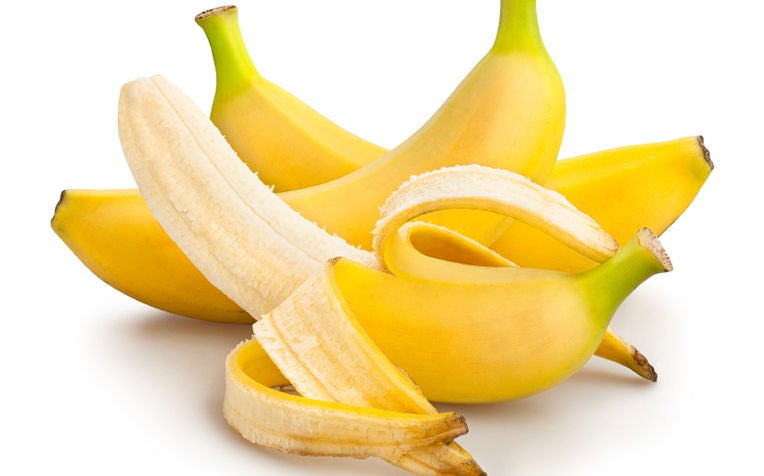1. Bananas provide essential vitamins B6 and C, supporting blood cell production, immunity, and nervous system health.
2. Rich in potassium and low in sodium, bananas help maintain heart health and control blood pressure.
3. Natural sugars provide fat-free energy; fiber aids digestion and helps manage weight by promoting fullness.

Bananas are not only rich in vitamins and fibre, but are also fat-free and cholesterol-free.
Ever wondered what goodness is in a banana? Other than being rich in vitamin B6, bananas are a good source of vitamin C, dietary fibre and manganese. Bananas are also fat-free, cholesterol-free and virtually sodium-free. So what do these mean for your health?
Ms Peggy Tan, Dietitian, Tiong Bahru Community Health Centre, a member of the SingHealth group, explains why bananas are good for you and when you should eat them.
Health benefits of bananas
1. Bananas are one of the best fruit sources of vitamin B6
Vitamin B6 from bananas is easily absorbed by your body and a medium-sized banana can provide about a quarter of your daily vitamin B6 needs.
Vitamin B6 helps your body:
- produce red blood cells,
- metabolise carbohydrates and fats, turning them into energy,
- metabolise amino acids,
- remove unwanted chemicals from your liver and kidneys, and
- maintain a healthy nervous system.
Vitamin B6 is also good for pregnant women as it helps meet their baby’s development needs.
2. Bananas are respectable sources of vitamin C
You may not associate bananas with vitamin C but a medium-sized banana will provide about 10% of your daily vitamin C needs.
Vitamin C helps:
- protect your body against cell and tissue damage,
- your body absorb iron better,
- your body produce collagen - the protein which holds your skin, bones and body together, and
- support brain health by producing serotonin, a hormone that affects our sleep cycle, moods, and experiences of stress and pain.
3. Manganese in bananas is good for your skin
One medium-sized banana provides approximately 13% of your daily manganese needs. Manganese helps your body make collagen and protects your skin and other cells against free radical damage.
4. Potassium in bananas is good for your heart health and blood pressure
A medium-sized banana will provide around 320-400 mg of potassium, which meets about 10% of your daily potassium needs.
Potassium helps your body maintain a healthy heart and blood pressure. In addition, bananas are low in sodium. The low sodium and high potassium combination helps to control high blood pressure.
5. Bananas can aid digestion and help beat gastrointestinal issues
A medium banana will provide about 10-12% of your daily fibre needs. Singapore’s Health Promotion Board recommends a daily dietary fibre intake of 20g for women and 26g for men.
Soluble and insoluble fibres play an important role in your health. Soluble fibre helps your body control your blood sugar level and get rid of fatty substances such as cholesterol. Insoluble fibre adds weight and softness to stools, making it easier for you to have regular bowel movements. This helps to keep your gut healthy and safe from harmful bacteria.
Bananas, especially newly-ripened ones, contain starch that does not digest (resistant starch) in your small intestine and is able to pass into the large intestine. Such bananas help you manage your weight better as you stay full for longer.
That said, bananas can help you beat gastrointestinal issues such as:
- constipation,
- stomach ulcers, and
- heartburn
6. Bananas give you energy – minus the fats and cholesterol
Bananas contain three natural sugars – sucrose, fructose and glucose – giving you a fat and cholesterol-free source of energy. As such, bananas are ideal, especially for children and athletes, for breakfast, as a midday snack or before and after sports.
Read on to find out if bananas suitable for everyone and should you eat them.
Ref: Q15
Contributed by

















 Get it on Google Play
Get it on Google Play